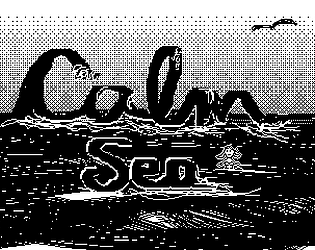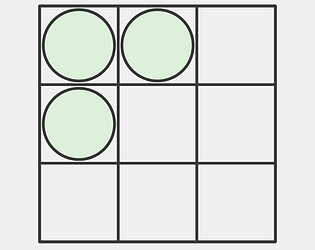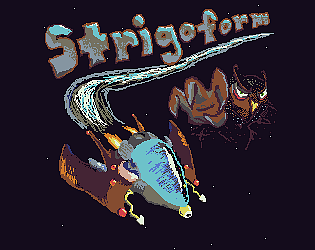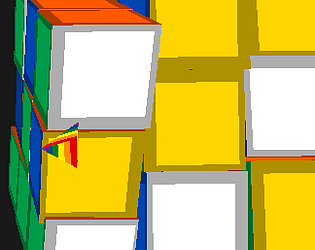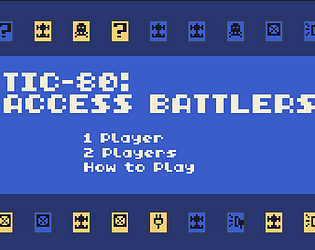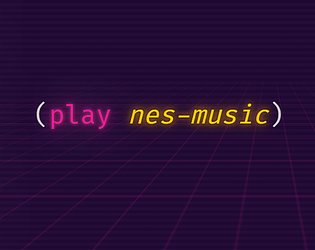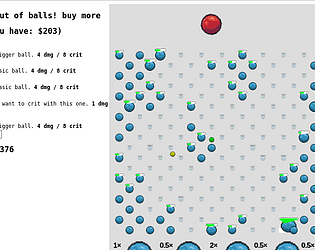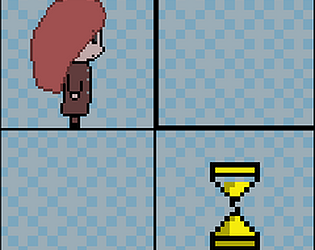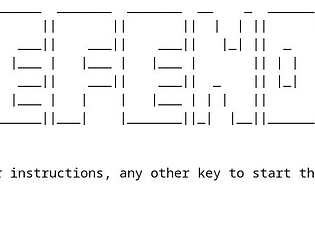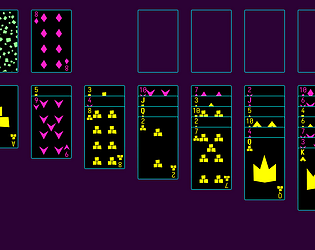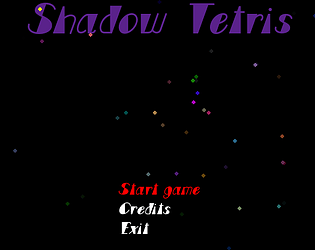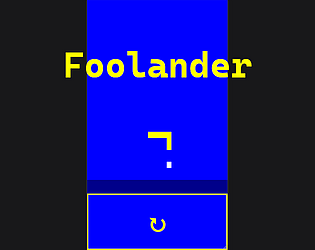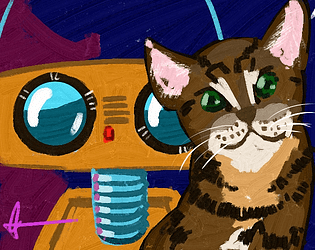This jam is now over. It ran from 2023-10-20 04:00:00 to 2023-10-30 04:00:00. View results
Lisp Game Jam is a recurring game jam taking place for a full 10 days. After the jam has finished, 3 days are given to everyone to try out the game submissions and vote for their favorites. There is no theme for this jam.
Rules
- Must be written in any dialect of Lisp. This includes, but is not limited to Common Lisp, Racket/Scheme, Emacs Lisp, Fennel, Clojure, or even your own new custom lisp you've made just for this game!
- You may use existing libraries, third-party or self-created, as long as they have an open-source license.
- You may use existing assets, including but not limited to artwork, music, and sound effects, as long as they are free for others to use as well. You must disclose what you used, and give proper credit where it is due. See Open Game Art for a great collection of freely-licensed assets.
- You may develop your own general-purpose engine, tools, and assets before the jam begins. This way, you can start with the game logic and connecting the pieces during the jam. If you do choose this method, please make an effort to show that the game logic was not worked on before the jam began, if you want to receive a good rating.
- If you know what engine you will use ahead of time, you are encouraged get a build/upload setup working for it before the jam starts so that during the jam you can focus on the game itself.
- You may even use an existing game as a base on which to build upon. This method is encouraged for newcomers. If you do choose this method, please make an effort to substantially modify it enough if you want to receive a good rating. You must also specify what you changed in your submission's summary and readme.
- You must submit at least a source archive, either as a ZIP or tarball, with instructions on how to compile and run your game. (Code hosting accounts come and go; we want your source to continue to be available for people to learn from for as long as your game is published on this site.) To get the most people to test your game, it is strongly recommended to include compiled binaries or a version that runs in the browser so people don't have to install a new compiler just to play it.
- Within the source archive, please include an open-source license you are releasing the game under, as well as the licenses used by your dependencies and assets. This is important for people to use/modify your game for another project.
- You do not have to target multiple architectures or operating systems, though keep in mind that the more people that are able to test your game, the more ratings you will get. Please make a note on which architectures and OSes are supported in your submission.
Guidelines
- Keep the design simple. The goal of the jam is to be able to complete a game and train yourself to be better for future jams and game development in general. If a planned feature is not important, just don't work on it.
- Stay focused and don't give up. Even if you don't complete your game as you intended it, it is still desirable to submit your unfinished game. The idea is to watch your progress, and give you something to compare your future work to, as well as give others encouragement or ideas for a game. Ask for help if needed. There are plenty of friendly people in the #lispgames Libera IRC channel or the jam's community forums. Consider writing about your progress as a series of blog articles, or using the Itch.io platform's devlogs feature. Talk about your game ideas, what went wrong, what you learned, etc. This will help yourself as well as others in the future. Resources and more information can be found at the Lisp Games Wiki.
- Your game doesn't have to be finished when you hit the submit button. Even after you submit, you can continue updating your game, all the way up to the end of the jam and the beginning of the voting period.
Voting
After the jam is over, three days are given for the public to vote on entries. The voting criteria will be the following:
- Entertainment - How enjoyable is the game?
- Presentation - How does it look/feel?
- Creativity - How original is the idea?
Submissions(16)
All submissions
· Browser playable (11)
· Windows (3)
macOS (2)
Linux (3)
No submissions match your filter
A short puzzle game where you slide pieces into certain positions
Puzzle
Play in browser
Blast your way through a space station in this short bullet heck shooter!
Shooter
Play in browser
Rai-Net Access Battlers implemented in the TIC-80 fantasy console
Strategy
Play in browser
A cyberpunk-themed Solitaire game written in JavaScript and Scheme
Card Game
Play in browser


